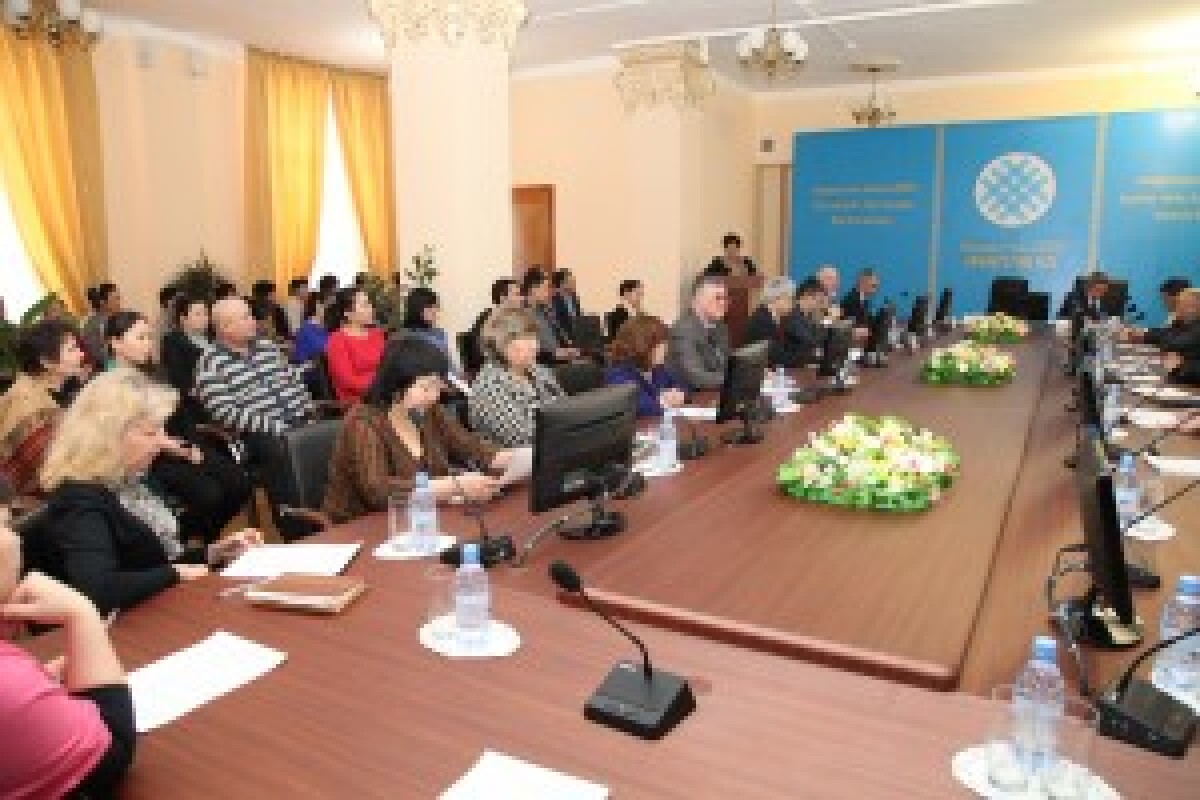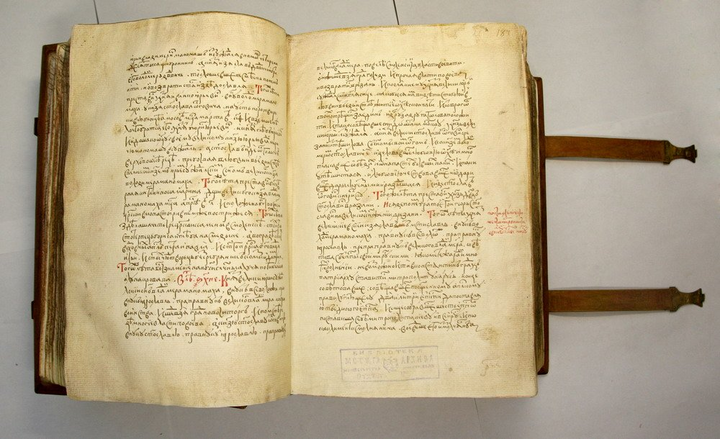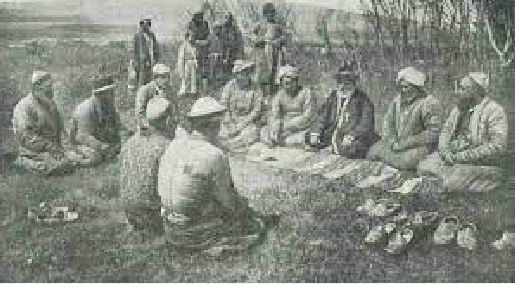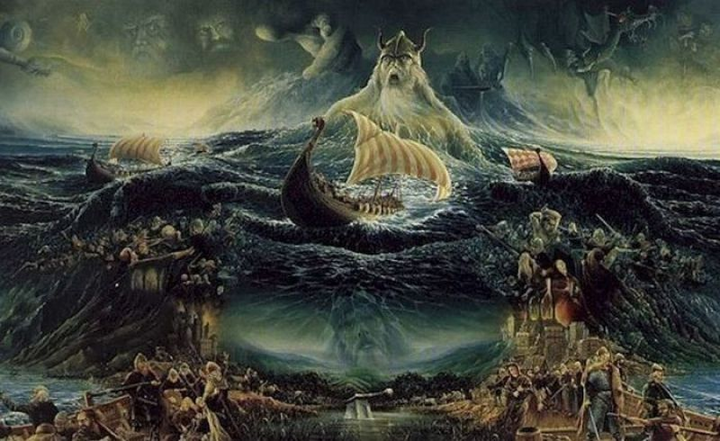
“Gylym Ordasy” together with the Institute of Economics united at the roundtable scientists, directors of scientific and research institutes, representatives of the faculty of leading universities and international experts to discuss the Message of the President of Kazakhstan N.Nazarbayev to the people of Kazakhstan “Kazakhstan’s Way – 2050”: a common goal, common interests and common future”.
Roza Karibzhanov, CEO of RSE “Gylym Ordasy”, in the opening of the meeting said: “In the Message represented major tasks. The President emphasized that their achievement dictates maximum participation and the activity of each organization and each individual, saying that, “the easy walk will not be throughout 21st century”.
R. Karibzhanova particularly emphasized on the development of science. “Creation of a knowledge-based economy, increasing the potential of Kazakhstani science and implement specific discoveries that work on the country – this is paradigm of task that scientific community will face. In this direction “Gylym Ordasy” carry out its work”, - she said.
Saken Espayev, the Director of the Institute of Economics, continuing the theme of development of national science, proposed a whole complex of methods to stimulate science and business in order to create knowledge-based economy. First, strengthening the role of foreign investors in the development of science in Kazakhstan (in the world up to 20% of total spending is allocated to the science, in Kazakhstan it is only 1-2%). Second, establishment of the Fund for Technological Development, which could be formed by a fixed share of deductions, for instance 0.5 % of corporate income and other industrial enterprises.
The director of Almaty University of Energy and Communications G.Daukeev, the director of the Institute of Geological Sciences named after K. Satpayev M. Omirserikov, vice-rector of the Kazakh-German University, the director of the Institute of Informatics and Management M. Kalimoldayev, managing director and member of the JSC “Entrepreneurship Development Fund “Damu” G. Lesbekov, director of the Center of strategic development of Kazakh National Agrarian University U. Kerimova, spoke during the meeting.
Speakers discussed the tasks, which were given by the President, on important directions that appropriate for activities of their organizations and familiar with the work.
The rector of Almaty University of Energy and Communication emphasized that energy that was mentioned in the Message will develop in its traditional forms. According Gumarbek Daukeev, it was planned to increase production of electricity and steam coal to 1.5 times (from 100 million of tons to 150 million of tons a year). Also G. Daukeev expressed that it is necessary to take into account the EU’s mistakes on the program of “green” economy.
“As the President said, in 4 years implementation of energy strategy the EU lost 51 gigawatt of generating capacity, which is in 30% large than the entire available capacity in Kazakhstan”,- said G. Daukeev.
Meanwhile the Director of the Center of Strategic Development of Kazakh National Agrarian University focused attention on the issues of development of agriculture saying that they effect on the country’s food security. According to Ukilay Karimova, 80 % of products must be made within the country, whereas today a significant portion of products imported from other countries (70%- fruit and vegetables, 60% - poultry, 40% - vegetable oil, etc.).
Also he said that in recent years the agriculture of Kazakhstan give up its position. If in 1990 the share of agriculture in GDP was 34%, now it fell to 4.3%. According to U. Kerimova, in order to provide transfer agriculture on the path of innovation it needs substantial funding (according to scientist, every year about 600 billion), qualified staff and implementation of innovation.
Organizers of the meeting said that the results of this meeting the will be published in one collection of materials. The most significant recommendations will be presented on May at 7th Astana Economic Forum.
Material provided by the RSE "Gylym Ordasy."



